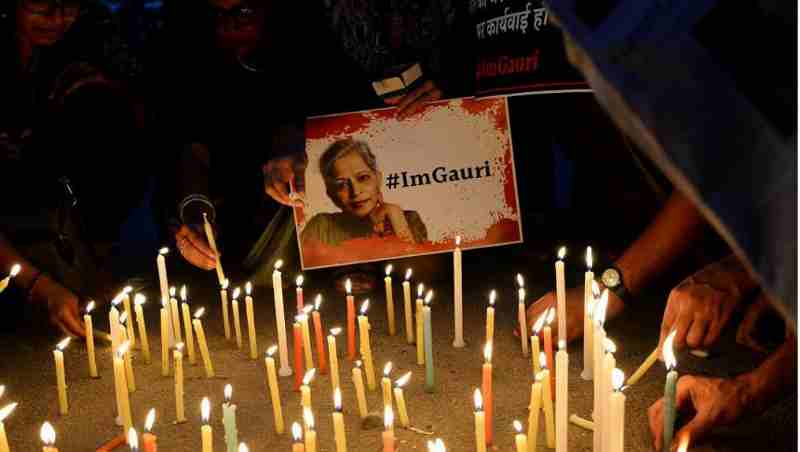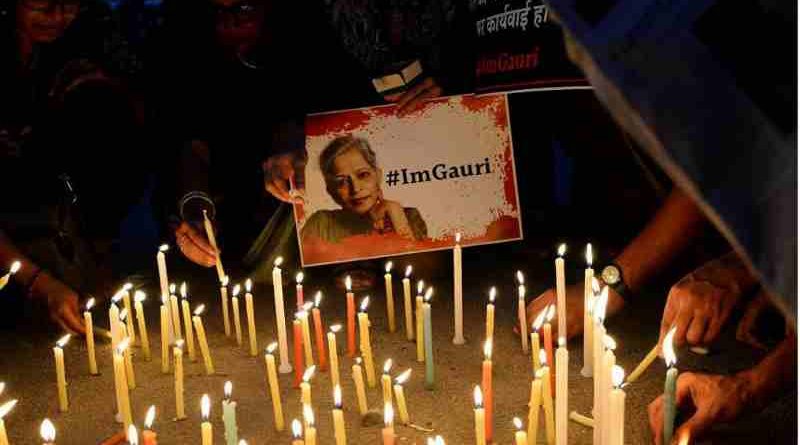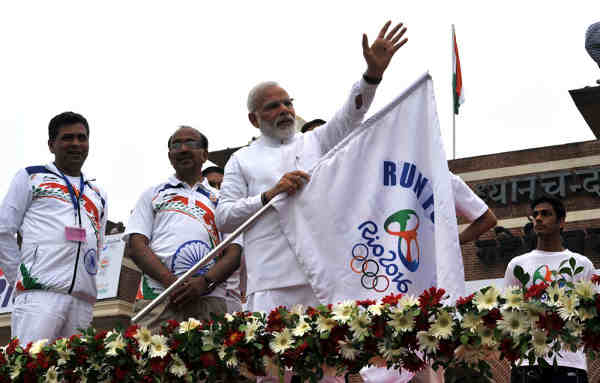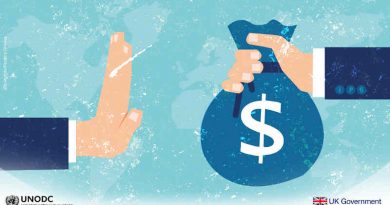Attacks on Human Rights Defenders Increasing in India: Amnesty

People who promote and defend human rights continue to face an onslaught of harassment, intimidation, unjust prosecution and unlawful detention.
It was revealed Tuesday by Amnesty International in its report, “Deadly but Preventable Attacks: Killings and Enforced Disappearances of Those who Defend Human Rights”.
The report includes testimonies from human rights defenders (HRDs), as well as relatives and colleagues of human rights defenders who have been killed, in India, Argentina, Brazil, Colombia, Democratic Republic of the Congo, Honduras, Indonesia, Kenya, Mauritania, Mexico, Russia, South Africa, South Sudan and Syria.
Many described how victims’ pleas for protection had been repeatedly ignored by the authorities and how the attackers had evaded justice, fueling a deadly cycle of impunity.
Human Rights in India
In India, journalists, land rights activists, and those advocating the rights of ethnic and religious minorities, Dalits and Adivasis are among those at risk of attack.
“Human rights defenders, instead of being recognized and protected by the state, are portrayed as ‘criminals’, ‘foreign agents’, ‘anti-nationals’ and ‘terrorists’, and painted as a threat to development or traditional values. Such labels are divisive, signal contempt for constitutional rights, and give a green light to further abuses,” said Asmita Basu, Programmes Director at Amnesty International India.
[ Human Rights Situation in India Is Darker and Dangerous: UN ]
The report brings together stories from around the world to illustrate the rise in preventable attacks on HRDs and highlights a chilling pattern of impunity.
The cases from India include that of human rights defender and journalist Gauri Lankesh, who was fatally shot outside her home in Bengaluru in September 2017.
Lankesh, according to Amnesty, was a champion of the right to freedom of expression and an outspoken critic of hardline Hindu groups. She had previously been threatened for her activism.
[ Modi’s Nationalism Is Threat to Press Freedom in India: Global Report ]
Jailal Rathia, an Adivasi community leader in Chhattisgarh, challenged the irregular acquisition and grabbing of Adivasi land. He died in March 2017 as a result of what his family suspect was a deliberate poisoning. He had been threatened on several occasions and told by local land mafia and the state police to withdraw the petitions he had filed.
In 2013, Dalit human rights defender Chandrakant Gaikwad from Maharashtra was shot and killed, allegedly by an individual against whom he had filed a complaint for committing crimes against Dalits.
[ Killing of Journalists and Attacks on Press Freedom Increasing in India ]
Gaikwad had supported victims of caste-based discrimination in accessing justice by helping them file and follow up on complaints with local authorities. He had been threatened repeatedly.
“In many cases, the deaths of defenders had been preceded by a string of threats, which authorities turned a blind eye to. Lives could have been saved if states had taken their human rights obligations seriously and acted on reports of threats and other abuses,” Asmita Basu said.
The report focuses on the gravest of violations against human rights defenders: killings and enforced disappearances. The motives behind these attacks are multiple and layered.
[ Stop Human Rights Abuses in Kashmir: Rights Groups ]
Some people are attacked because of their legitimate activities, for example, as they stand up to powerful actors violating human rights, share information and raise awareness, or confront discriminatory public opinion and social norms. Others are attacked both for what they do and who they are.
Human rights defenders who experience discrimination and inequality are at a heightened risk of attack – they include those defending the rights of women; lesbian, gay, bisexual, transgender and intersex (LGBTI) people; and indigenous peoples and minority groups.
Amnesty International is urging all states to prioritize the recognition and protection of human rights defenders. Authorities must publicly support their work, and acknowledge their contribution to the advancement of human rights.
They must take all necessary measures to prevent further attacks on them, and bring to justice those responsible for attacks by effectively investigating and prosecuting killings and enforced disappearances, Amnesty suggests.
Crucially, according to Amnesty, governments should send a clear public message that these human rights violations will not be tolerated.
Photo courtesy: Amnesty International



